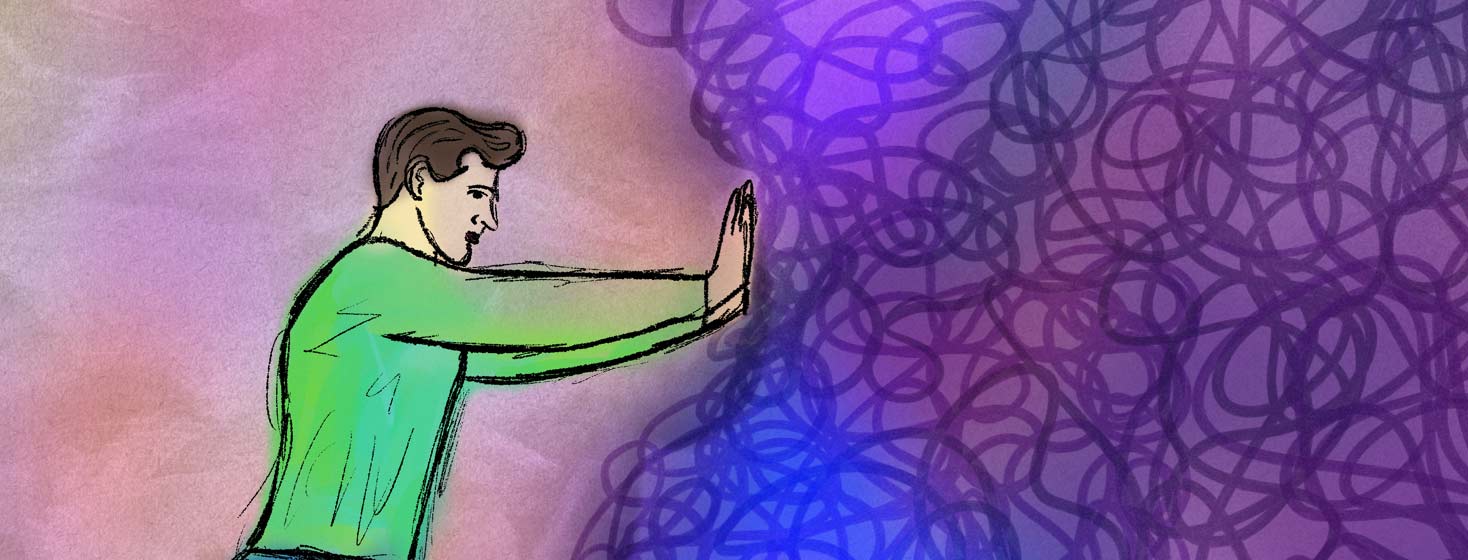Will I Ever Find the Right Bipolar Treatment?
It was a Friday night the first time I was diagnosed with bipolar disorder. I was sitting in front of my computer screen 25 years ago and reading page after page of information about this concept that, two days previous, I had known nothing about bipolar disorder.
I saw myself in the pixels on my screen through the rivulets of tears running down my face. I was depressed, it's true, but what I was experiencing was more than that. What I was experiencing was bipolar disorder.
A misdiagnosis of minor depression
Shortly after that, I found myself in front of a psychiatrist explaining my suffering. I was in a depressed phase, and I described that in gory detail. I described the pain, the tears, the self-harm, the self-hatred, the suicidality, and more. I also told him I thought I had bipolar disorder. The psychiatrist disagreed and, instead, diagnosed me with minor depression.
I knew he was wrong. I knew he was wrong twice. I was pretty sure I had bipolar disorder, and I knew there was nothing minor about my life-threatening depression. But I was 20 years old at the time, and thanks to an energy-sucking depression, I didn't have one iota of strength left with which to disagree with this authority figure. So, when he said minor depression, I just replied, "Okay."
Finally getting my bipolar diagnosis right
I don't know how long I would have been forced to go down the incorrect path of unipolar depression because, about seven months later, my psychiatrist went on vacation, handing me off to a new psychiatrist. While the new psychiatrist initially went with the existing diagnosis of unipolar depression, eventually, he listened to me and started treating me for bipolar disorder.
But a diagnosis still didn't mean proper treatment
I wish I could say that change made my treatment turn a corner, and I got better, but that’s not what happened. What actually happened was that every bipolar disorder treatment failed – just like the depression treatments had. In fact, there was so much failure in finding a treatment that my psychiatrist fired me. I walked into his office one day and sat down. He threw up his arms and said to me, "I can’t be your psychiatrist anymore."
This did not improve my condition. It was after not being treated by a psychiatrist for months that my therapist said to me, "If you want to live, you have to go back to your doctor."
The long road to finding the right treatment
This was not a suggestion I enjoyed hearing. But I was desperate. I saw my death staring me in the face, so I went back and pretty much begged the psychiatrist to treat me.
And he agreed, later admitting that he had fired me because he was "spring cleaning" his patient list (apparently thinking I was a dust bunny). But he still had no idea of how to treat me. So, he tried something unorthodox. He said to me, "There's this medication that's not being used to treat bipolar disorder, but that looks promising in research. Why don’t you take that?"
I'm pretty sure neither he nor I thought that a random guess would be successful. It felt like throwing darts at a board.
We were both wrong.
This or That
Have you found the right medication for you yet?
Miracles do happen in bipolar disorder treatment
That was my miracle medication. It had taken almost 2 years to find.
That was the first time I felt I had found the right treatment and experienced any real type of success. And it absolutely felt like a miracle after so much failure. But what I learned in that moment is that miracles do, in fact, happen in bipolar disorder treatment.
Sure, we’d all like to believe that using an evidence-based treatment algorithm would result in anticipatable results every time, but that’s just not how it works. Bipolar disorder treatment is as much art as science, and sometimes, it's as much guessing as it is knowing.
Your miracle is out there
So, my point is this: no matter how much desperation you feel, no matter how sick you are, no matter how many failures you've experienced, miracles happen. I believe this. I have lived this. I have seen it over and over in others. Your miracle is out there. Please live long enough to see it.
